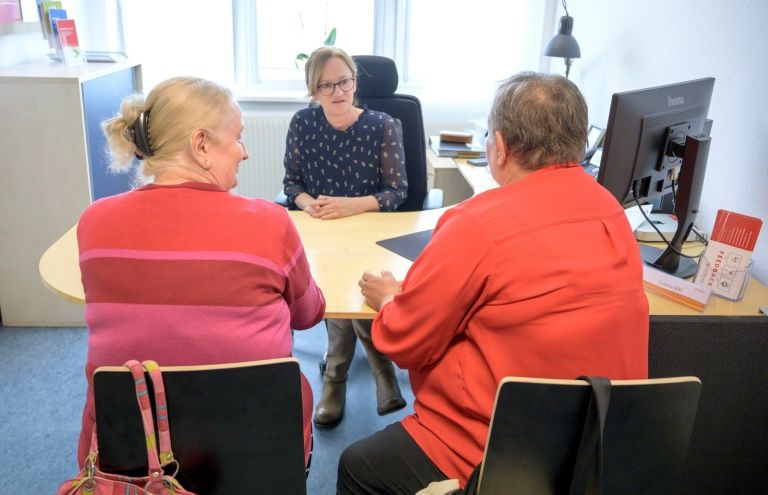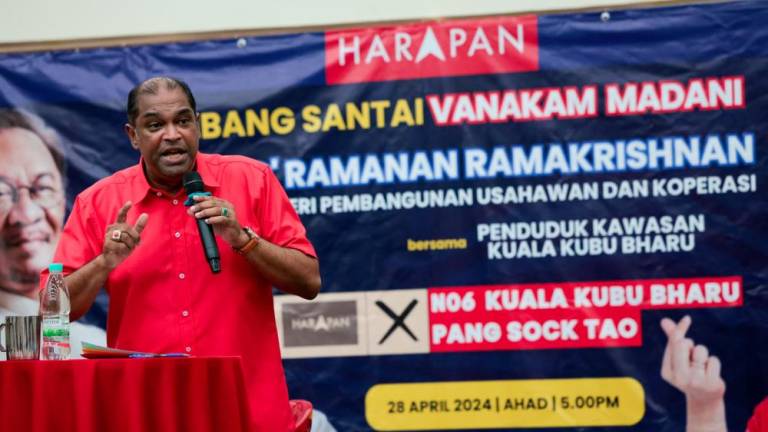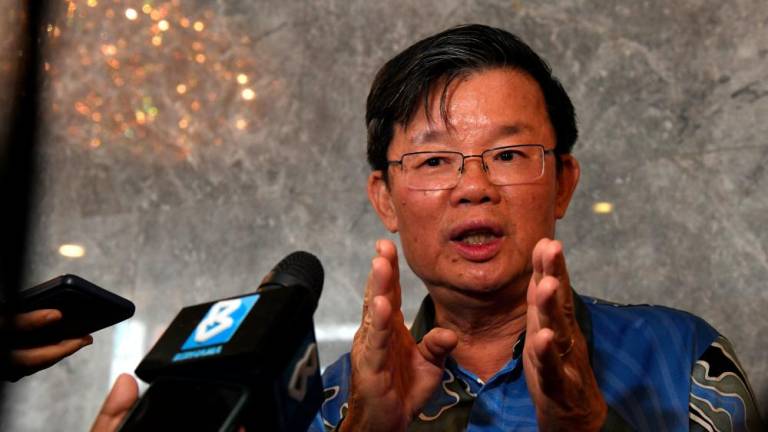LINZ: Austria’s rightward drift, expected to be confirmed in elections late this month, is already affecting immigrants in one region, where those with poor German proficiency are losing their benefits.
Just ask one 63-year-old Serbian woman in the city of Linz, some 150km from Vienna, who has lost her housing benefits because of her language skills under rule changes in Upper Austria state.
The woman — who declined to give her name — worked as a cleaner in Austria for more than 20 years, holding down two jobs at a time for long periods before illness forced her to retire at 55.
“I worked very hard. I had to bend down a lot and carry heavy garbage bags,“ the burly woman with short-cropped hair and flushed cheeks told AFP.
She supports two grandchildren, and now they have to make do with her meagre disability pension.
“Now I’m sick. I have diabetes, backache, stomach problems. I take 12 tablets a day. I can’t go to school (to take German classes),“ she says.
“I get tired easily and can’t concentrate and would be nervous. One day I’m OK, the next not.”
‘Politicians’ responsibility’
Migrare, an NGO which promotes integration, has helped the pensioner and more than a dozen other people file legal challenges, on the grounds that the benefit changes, which took effect last year for non-EU citizens, are discriminatory.
Migrare estimates that many more are affected, of some 3,000 non-EU nationals who receive housing allowances in the state, but that few want to appeal in the courts, daunted by the paperwork and costs.
The courts have already found in favour of one Turkish man, who has been unable to take German classes because of his irregular work hours, although that decision is being appealed.
Magdalene Danner of Migrare says that whatever happens in the courts, the cuts themselves are the problem.
“It’s discrimination... I hope politicians will have the conscience and take responsibility to fix these laws,“ she told AFP.
Right-wing testing ground
Polls ahead of the snap national election on September 29 suggest that one likely outcome is a renewal of the coalition between former chancellor Sebastian Kurz’s centre-right People’s Party (OeVP) and the far-right Freedom Party (FPOe), which collapsed in May in the wake of a corruption scandal.
That could mean many more people being affected by such measures.
Upper Austria is also governed by an OeVP-FPOe coalition and is seen as something of a testing ground for right-wing policies that could be applied on a national level.
In the previous election in 2017, both the OeVP and the FPOe stood on anti-immigration platforms, and their coalition had already approved several initiatives in this direction.
A nationwide law to be implemented next year will make German proficiency mandatory for minimum income benefit, a move criticised by anti-poverty campaigners and church groups.
Other measures included scrapping funds for German classes for migrants, barring asylum seekers from vocational training until they obtained refugee status and increasing expulsions of rejected asylum seekers.
‘Aiding disintegration’
While immigration is not playing as big a role in the election campaign as in 2017, the benefits row plays into a long-standing debate in Austria about how to integrate first- or second-generation immigrants, who make up about a fifth of the country’s 8.8 million people, one of the highest rates in the EU.
Getting Austrian citizenship is relatively tough compared with other European countries.
In a recent survey in the Profil weekly magazine, 51.2% of respondents said they felt integration was increasingly failing in the past few years in the small Alpine country.
Requiring German proficiency to get state help is a “clear case of discrimination and aiding disintegration”, according to Hans-Juergen Krum, an expert in teaching German as a foreign language at Vienna University.
“To connect human rights to language knowledge is contradictory. A roof over one’s head is a requirement for integration,“ he told AFP.
Krumm said a “high percentage” of Austrians would risk failing the test if they had to take it.
As the debate rages on, the pensioner in Linz is left struggling to pay the full rent for her 45m² flat.
“Now I buy only cheap things. I can’t buy clothes. I just buy food for the kids,“ she says. — AFP










